Consumption of sugary drinks in Vietnam has increased rapidly over the past 15 years.
The rate of people with non-communicable diseases in Vietnam is high, and the rate of overweight and obesity is also increasing rapidly, from 15.6% in 2015 to 19.6% in 2021. More worryingly, the rate of overweight and obesity in children and adolescents (5-19 years old) has more than doubled, from 8.5% in 2010 to 19% in 2020.
In fact, a 12-ounce can of soda can contain as much as 10 teaspoons, or 40 grams, of sugar. People who regularly consume sugary drinks face an increased risk of type 2 diabetes, heart disease, stroke, and cancer. The habit is also linked to weight gain and obesity in children and adults, which are major risk factors for many diseases, and are especially unhealthy for children.
Consumption of sugary drinks in Vietnam has increased rapidly over the past 15 years, quadrupling from 18.5 liters per person in 2009 to 66.5 liters in 2023. By 2023, the average person in Vietnam will drink nearly 70 liters of sugary drinks per year, or 1.3 liters per week.
On average, a Vietnamese person consumes about 46.5g of free sugar per day, close to the maximum limit (50g/day) and almost twice as high as the World Health Organization's recommended level of less than 25g/day. The percentage of Vietnamese students aged 13-17 who regularly drink soft drinks (at least once a day) has increased rapidly, from 30.17% (2013) to 33.96% (2019).
Adults who drink 1 can of soft drink per day for 1 year can gain up to 6.75 kg in weight. Children who drink a lot of sugary drinks regularly are 2.57 times more likely to be obese than those who do not drink .
Dr Angela Pratt, World Health Organization (WHO) Representative in Vietnam, said that reducing risk factors such as smoking and alcohol consumption is very much in line with Vietnam's goal of reducing the burden of non-communicable diseases, and it is necessary to tax sugary drinks and raise public awareness about healthy diets, among other measures.
There is a roadmap to impose special consumption tax on sugary drinks.
The National Assembly is considering amendments to the Excise Tax Act. Dr. Angela Pratt said that this is the perfect opportunity to introduce a tax on sugary drinks. Without intervention, the trend of sugary drink consumption will continue to increase, with negative impacts on children, adolescents, adults, families, society and the economy .
WHO recommends imposing taxes on sugary drinks to increase prices and reduce consumption. This measure is particularly effective in changing the habits of children and adolescents, who are more affected by price.
"Around 110 countries around the world now tax sugary drinks. Experience shows that this is a win-win solution, improving health and reducing health care costs, while increasing government revenue," said Dr. Angela Pratt.
Sharing her reasons for thinking that taxing sugary drinks would cause economic loss, Dr Angela Pratt said that evidence from other countries suggests that this is not the case. In fact, in other countries, consumers are switching to other, healthier drinks. Smart manufacturers are adapting their products to suit new needs.
“WHO calls on policymakers to take action now,” said Dr Angela Pratt.
Also according to the WHO representative in Vietnam, for the first time Vietnam applies special consumption tax on sugary drinks - products that are not beneficial to health, so according to international experience, it is necessary to choose to apply tax on the most harmful, most popular, and easiest to control products...
Sugary soft drinks are mass-produced on an assembly line, have labels indicating nutritional ingredients including sugar content, and output is declared according to the production/import scale of the enterprise...
According to WHO, imposing special consumption tax on sugary soft drinks will be a premise to continue and expand further in the next phase with soft drinks using sweeteners, with products that are raw materials used to make sugary drinks such as corn syrup, milk tea powder, etc. At the same time, imposing special consumption tax on sugary soft drinks is more suitable for the current management capacity of tax authorities.
Currently, the Draft Law on Special Consumption Tax (amended) has included sugary soft drinks according to Vietnamese standards in the taxable list, expected at about 10%. The Ministry of Finance has presented a roadmap to extend the application period to 8% in 2027 and 10% from 2028.
Dr. Angela Pratt proposed that the tax rate should reach 40% to ensure limiting consumption to protect health; and there should be a suitable tax increase roadmap to avoid shocking businesses.
Source: https://nhandan.vn/nuoc-giai-khat-co-duong-nao-duoc-de-xuat-danh-thue-tieu-thu-dac-biet-post882607.html


![[Photo] Vice President Vo Thi Anh Xuan, French President Emmanuel Macron and his wife visit Hanoi University of Science and Technology](https://vphoto.vietnam.vn/thumb/1200x675/vietnam/resource/IMAGE/2025/5/27/267b6f2bdf3e46439f081b49f6ec26b1)



![[Photo] Hungarian President begins official visit to Vietnam](https://vphoto.vietnam.vn/thumb/1200x675/vietnam/resource/IMAGE/2025/5/27/ab75a654c6934572a4f1a566ac63ce82)

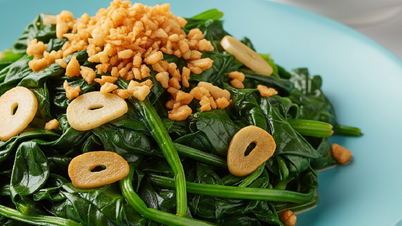












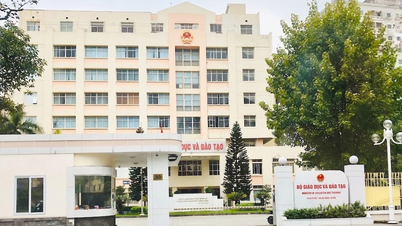

![[Photo] Hungarian President begins official visit to Vietnam](https://vphoto.vietnam.vn/thumb/402x226/vietnam/resource/IMAGE/2025/5/27/ab75a654c6934572a4f1a566ac63ce82)

![[Photo] Reluctantly at the closing ceremony, 9th grade students say goodbye to teachers and school](https://vphoto.vietnam.vn/thumb/402x226/vietnam/resource/IMAGE/2025/5/27/fb1101f6a51e4c079379a16a7b96d59c)



























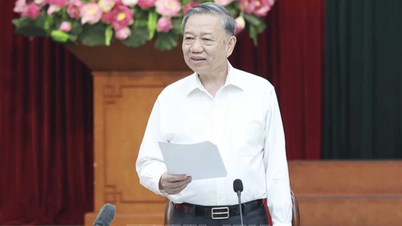
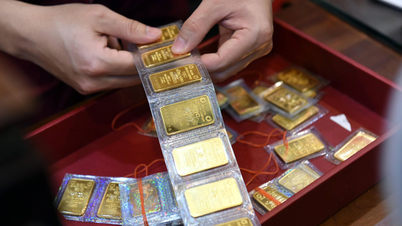






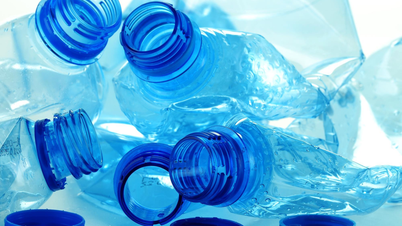





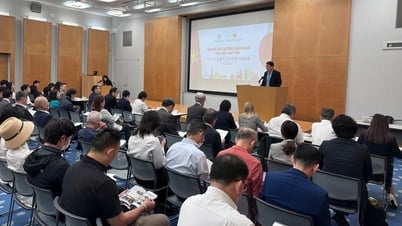
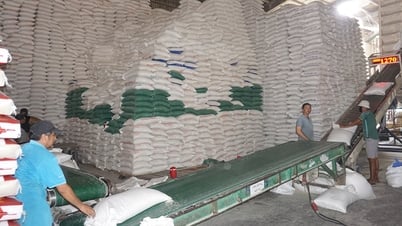




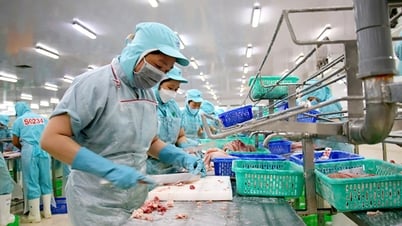




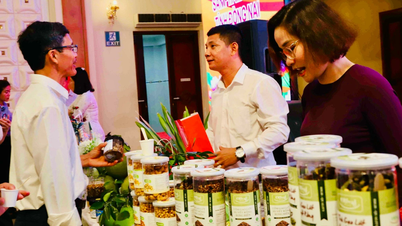

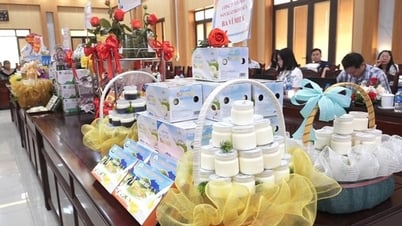

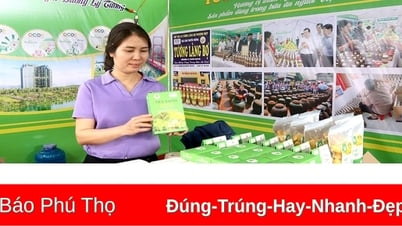



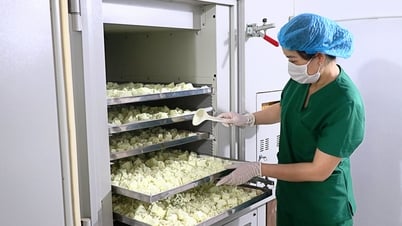

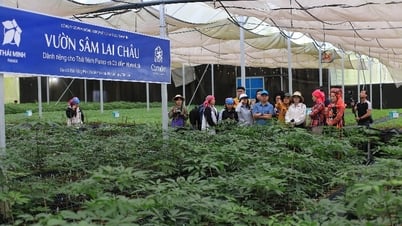

Comment (0)